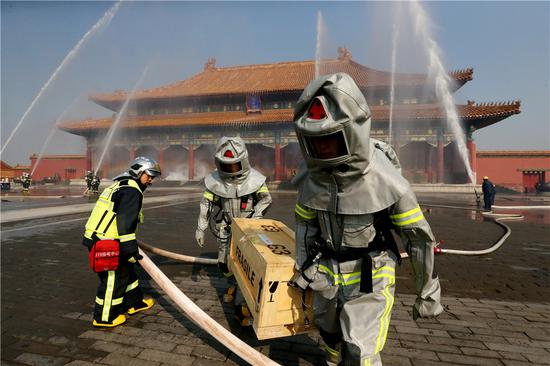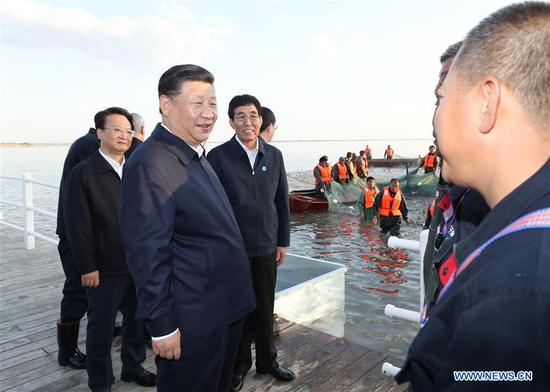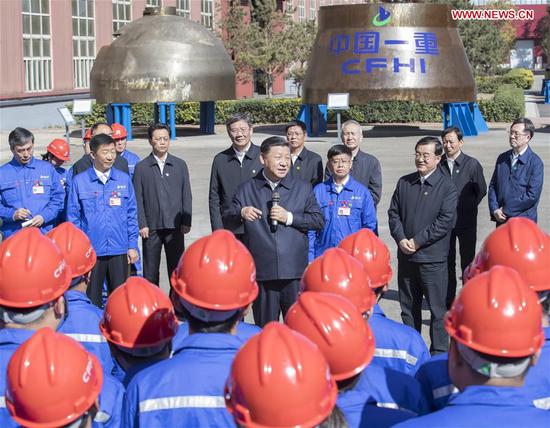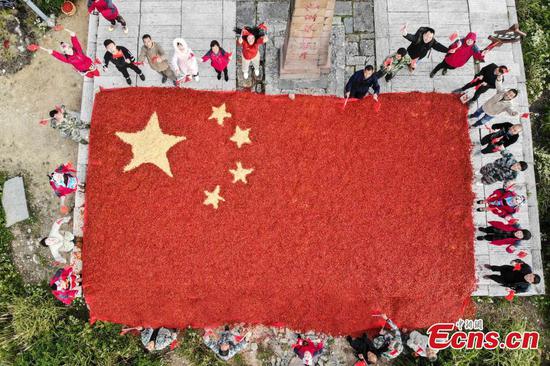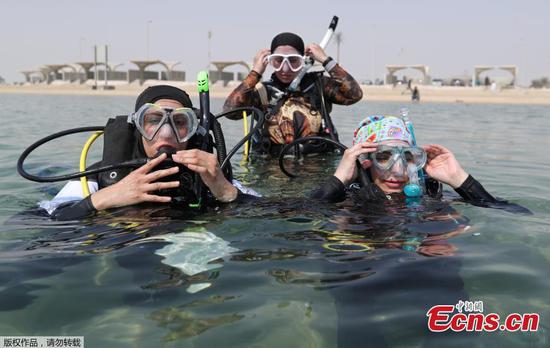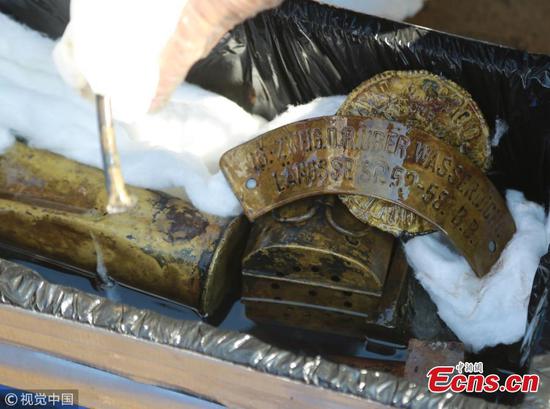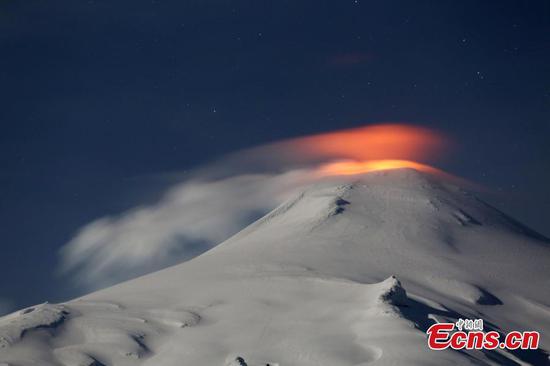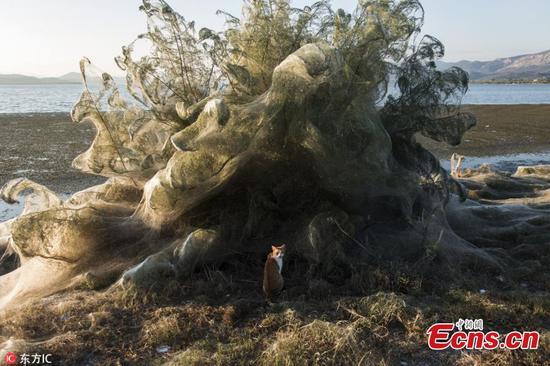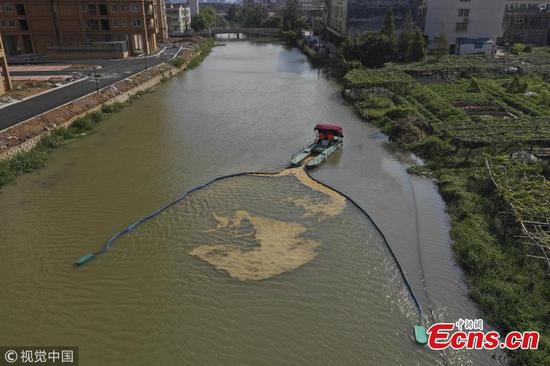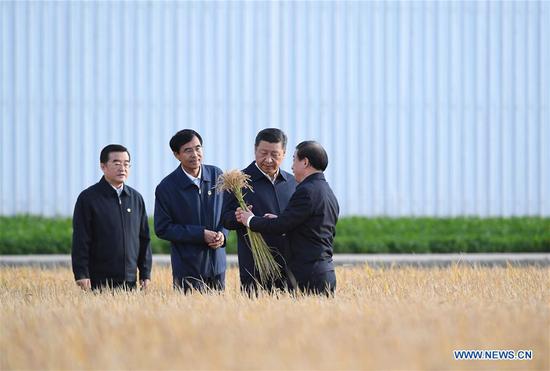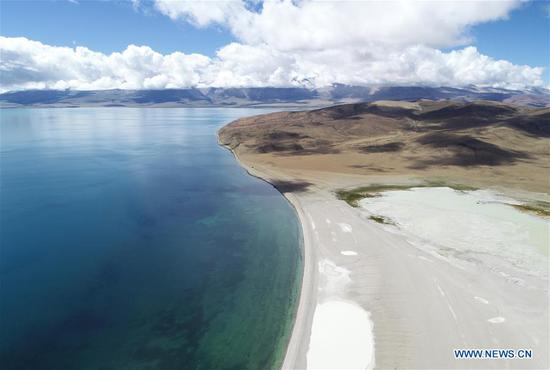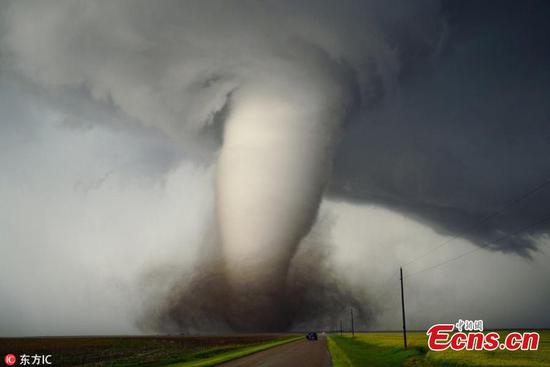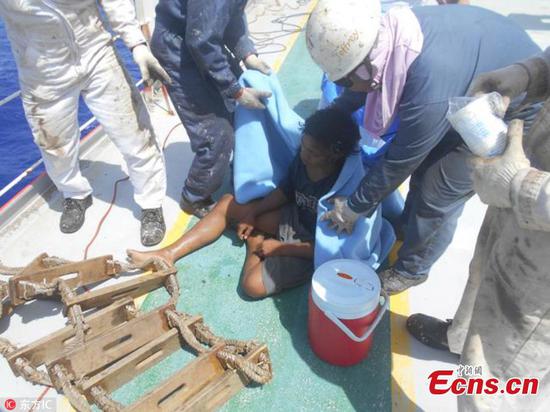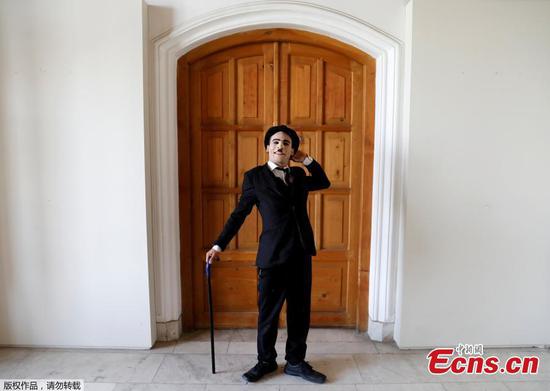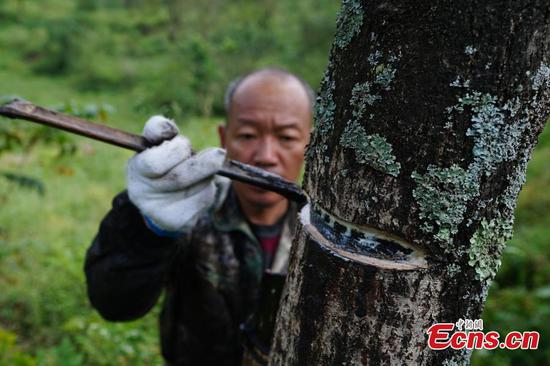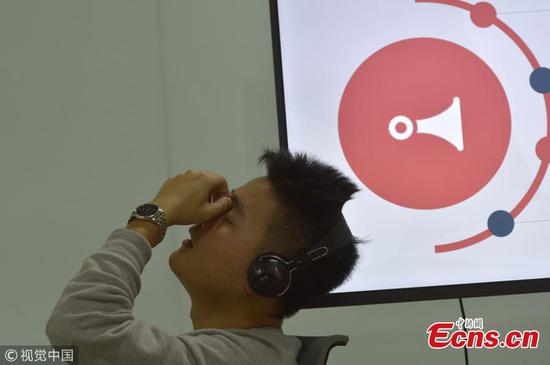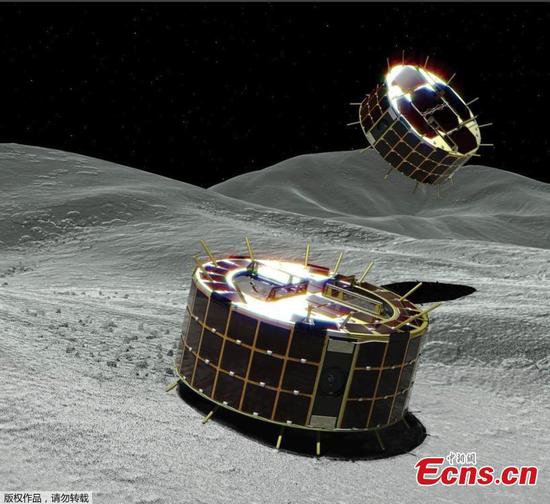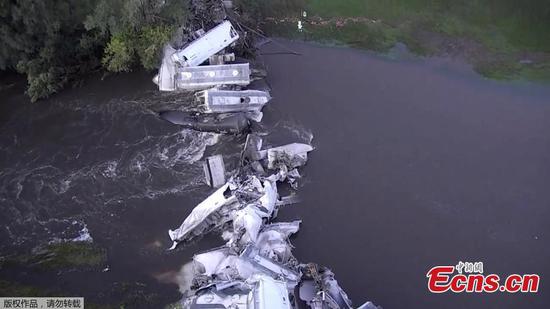U.S. President Donald Trump said on Wednesday that the United States will impose "tougher than ever" sanctions on Iran after the punitive actions against the country slated in November this year.
Speaking at a UN Security Council meeting on non-proliferation, Trump said that following U.S. withdrawal from the Iran nuke deal, the United States began re-imposing nuclear-related sanctions on Iran.
"All U.S. nuclear-related sanctions will be in full force by early November. They will be in full force," he said. "After that, the United States will pursue additional sanctions, tougher than ever before, to counter the entire range of Iran's malign conduct."
"Any individual or entity who fails to comply with these sanctions will face severe consequences," he said.
While accusing Tehran of illicitly procuring sensitive items to advance its ballistic missile program and proliferating these missiles all across the Middle East, Trump urged "all members of the Security Council to work with the United States to ensure the Iranian regime changes its behavior and never acquires a nuclear bomb."
However, he added that "I want to thank Iran, Russia and Syria for ... substantially slowing down their attack on Idlib province."
"Get the terrorists, but I hope the restraint continues. The world is watching," he said.
In a speech delivered after Trump, French President Emmanuel Macron refuted the U.S. reliance on sanctions.
"I agree with the goals of the president of the United States even if we disagree over the nuclear deal, but I think we need to build together a long-term strategy to manage the crisis that cannot be reduced to a policy of sanctions and containment of Iran," said Macron.
The Iran nuclear deal was reached in Vienna in 2015 between Iran, the P5+1 (the five permanent members of the United Nations Security Council - China, France, Russia, Britain, the United States - plus Germany).
In May, Trump announced Washington's withdrawal from the landmark Iranian nuclear deal. Since then, the Trump administration has slapped a number of sanctions on Iran while vowing to apply more in November.
In response, EU foreign and security policy chief Federica Mogherini said on Monday that the EU will set up a legal entity to facilitate legitimate financial transactions with Iran in light of the U.S. withdrawal from the international agreement on Tehran's nuclear program and the re-imposition of sanctions.
The legal entity will allow European companies to continue to trade with Iran in accordance with EU law and could be open to other partners in the world, Mogherini said.
U.S. Secretary of State Mike Pompeo said later that he "was disturbed and, indeed, deeply disappointed" to hear the the EU's decision, stressing that it is unacceptable.
For his part, Iranian President Hassan Rouhani on Tuesday blasted the U.S.-led sanctions against his country as "economic terrorism."
"World security is under threat by some states' recklessness and disregard of international values and institutions," Rouhani made the remarks at the ongoing General Debate of the 73rd session of UN General Assembly.
"Confronting multilateralism is not a sign of strength. Rather, it is a symptom of the weakness of the intellect. It betrays an inability in understanding a complex and interconnected world," he said.









